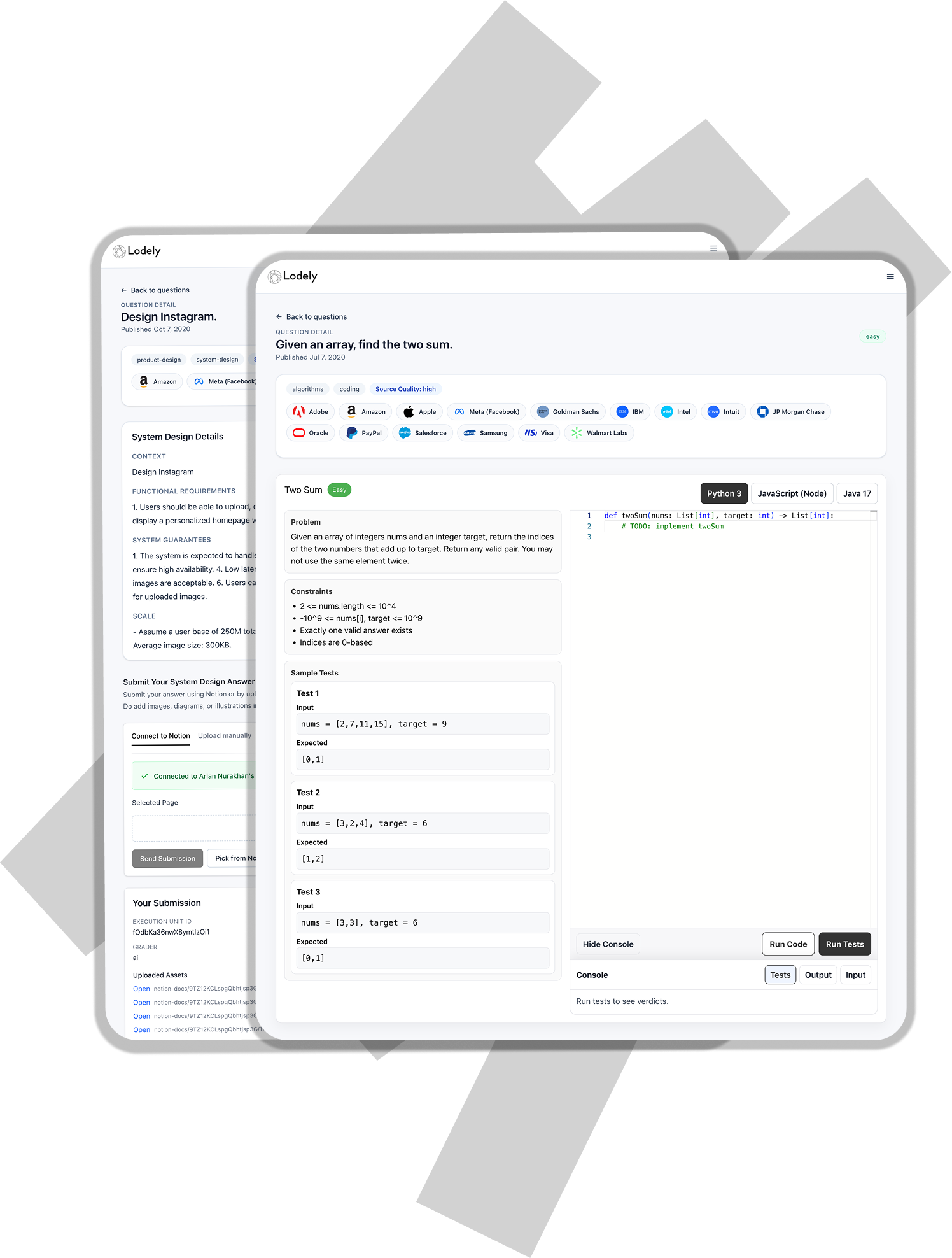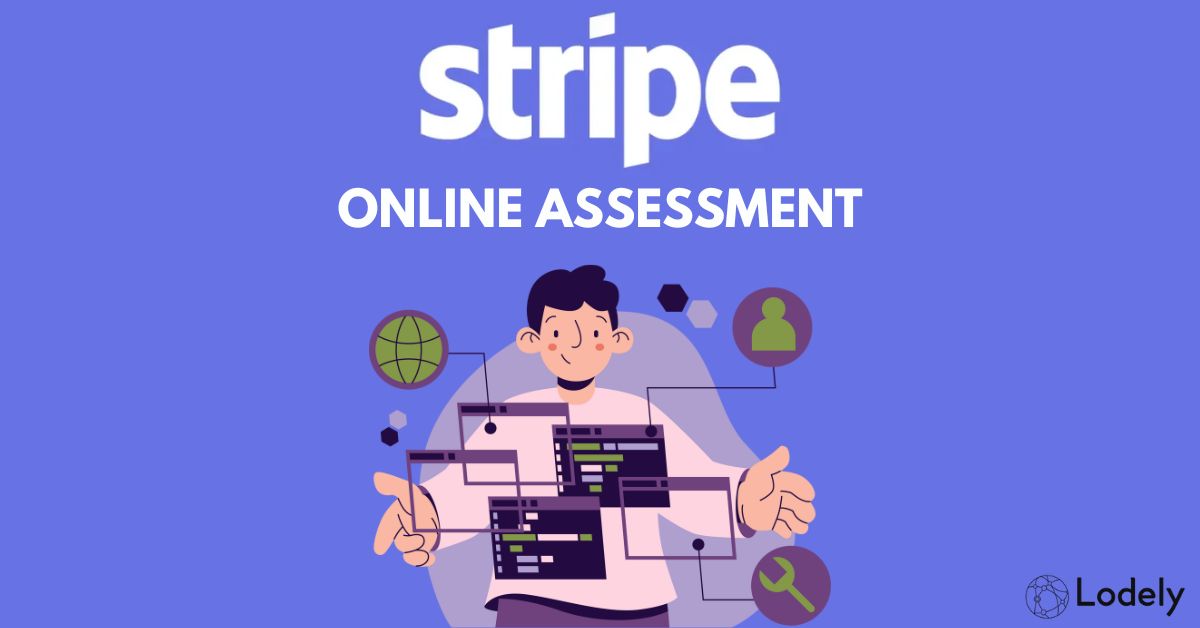Which Career Path Is Better: Data Science or Machine Learning
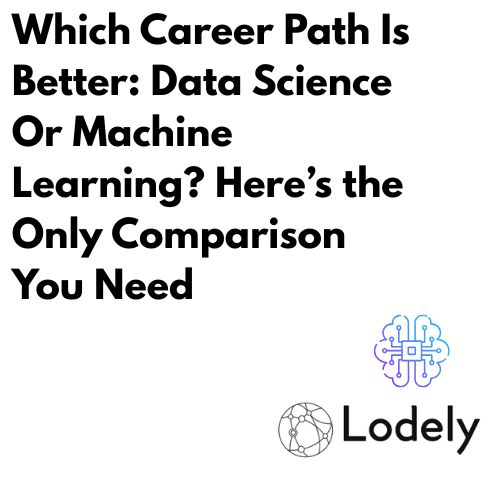
Which Career Path Is Better: Data Science Or Machine Learning? Here’s the Only Comparison You Need
Two careers. Both booming. Both high-paying. But totally different beasts once you're inside. One day, you're reading success stories on Reddit, the next you're knee-deep in comparison threads with no real answer.
So let's settle it: which career path is better: data science or machine learning, and more importantly, which one actually fits you?
The Straight Truth: Machine Learning Crushes Data Science in 2025 (Here's Why)
After digging through the latest salary data, job market trends, and talking with folks on both sides of the fence, machine learning engineering is hands down the better career bet right now.
I know that might ruffle some feathers from the data science crowd, but the numbers don't lie. Let me break down exactly why ML is winning in 2025.
The Money Talks (And It's Saying "Choose ML")
Here's where it gets interesting. According to Glassdoor's 2025 data, machine learning engineers are pulling in $155,929 total compensation versus data scientists at $151,120 as of July 2025. But that's just the median - the real money is in the upper brackets.
When you look at the salary ranges from Indeed's latest data, ML engineers average $170,592, while data scientists sit at $127,941. That's a $42k difference right out of the gate.
But here's the kicker - senior ML engineers can hit $207,653 according to Glassdoor, with top earners reaching $323k+. Compare that to senior data scientists who typically cap out around $193k according to the latest 2025 Glassdoor data.
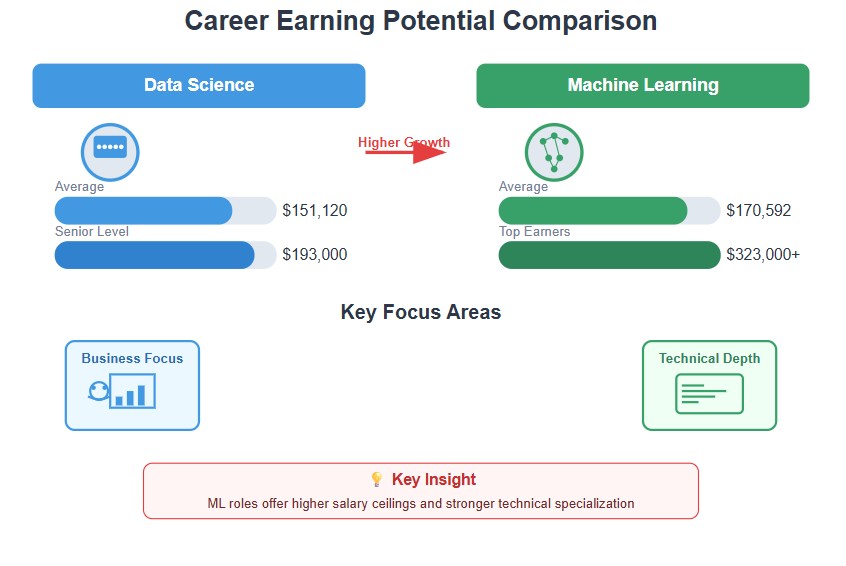
Job Growth: ML Is on Fire
The U.S. Bureau of Labor Statistics shows data science growing at 36% from 2023-2033. Impressive, right? But here's what they're not telling you - that's lumping together all "data scientist" roles, including the ones that are getting automated away.
Meanwhile, machine learning roles are exploding. Industry reports show ML job postings surged 35% in just the last year. The World Economic Forum predicts that AI and ML specialists demand will increase by 40% by 2027.
Remote Work Reality Check
Here's something that surprised me. While everyone thinks tech jobs are all remote now, the data tells a different story:
- Only 5% of data science jobs explicitly offer remote work, according to 365 Data Science's 2025 research
- Data analyst positions are even worse at 2.81% remote per their latest findings
The ML remote work data isn't as clear-cut, but from my network and what I'm seeing on LinkedIn, ML roles tend to be more flexible because they're often embedded in tech companies that have embraced remote-first cultures.
Here's When You Should Pick Each Path
Choose Machine Learning if:
- You love the technical deep dive - algorithms, optimization, building systems that work at scale
- You have strong programming chops (Python, Java, C++) and aren't afraid of math
- You want higher earning potential and don't mind the steeper learning curve
- You're cool with production environments where your code needs to work flawlessly
Choose Data Science if:
- You enjoy the business side - stakeholder meetings, translating data into stories
- You prefer broader analytical work rather than deep technical specialization
- You like variety in your day - some coding, some analysis, some presentation
- You're comfortable with less technical depth but more business context
The Market Reality Nobody Talks About
Both paths will get you well into six figures. The BLS reports data scientists' median at $112,590, but that's government data, which always lags behind private sector compensation.
What I'm seeing in my network is that both roles easily clear $100k+ in major tech hubs. The difference is that ML has a much higher ceiling and more asymmetric upside, especially if you get into a high-growth company working on AI products.
The insider secret? Companies are paying premium rates for ML talent because they're desperate to implement AI capabilities. Meanwhile, data science has become more commoditized as tools get better and the role gets more defined.
My Take After Years in Tech
If you're just starting out and trying to decide between these paths, go with machine learning. The compensation trajectory is better, the demand is stronger, and you'll be positioned at the center of the biggest tech trend of our time.
That said, don't sleep on data science if that's where your interests lie. There's still massive demand, great pay, and honestly, the skills transfer between the two is more than people realize.
The key is picking the path that matches your personality and interests or getting guidance from a software engineering career coach, because you'll be doing this work for years. But if maximizing your earning potential and career growth is the priority? Machine learning is the clear winner in 2025.
What Your Actual Day Looks Like: Data Science vs Machine Learning (Spoiler: It's Not What You Think)
Here's something nobody tells you when you're researching these careers - the day-to-day reality is wildly different from what you see in job descriptions. I've worked alongside both data scientists and ML engineers, and honestly, their daily experiences couldn't be more different.
Let me break down what you're signing up for.
Data Scientist: The Business Translator
Time Breakdown (Based on What I See in Practice):
- Data cleaning and wrangling: 40% (yeah, it's that much)
- Analysis and exploration: 25%
- Meetings and stakeholder communication: 20%
- Model building: 10%
- Presenting findings: 5%
Here's the reality check - you're spending almost half your time just getting data into a usable state. Excel files with missing headers, databases that haven't been updated since 2019, and CSV files that somehow have 47 different date formats. It's not glamorous.
The rest of your day? You're either in meetings explaining why the marketing team can't predict customer behavior with 99.9% accuracy, or you're building dashboards that executives will look at once and then ask you to completely redesign.
Meeting Reality: Expect 3-4 hours of meetings daily. You'll be the bridge between technical teams and business stakeholders, which means constantly translating between "we need actionable insights" and "the data doesn't support that conclusion."
Machine Learning Engineer: The System Builder
Time Breakdown (What Actually Happens):
- Coding and model development: 45%
- Production deployment and monitoring: 30%
- Code reviews and documentation: 15%
- Architecture planning: 5%
- Meetings: 5%
This is where ML engineers win big - way less meeting time, way more heads-down coding. You're building systems that need to work 24/7, handle millions of requests, and not break when someone uploads a weird image format.
The downside? When something breaks at 2 AM, guess who's getting the call? Production ML systems are finicky, and you're responsible for keeping them running.
Collaboration: Who You Work With
Here's the breakdown of who's actually on your calendar every week:
Data Scientists collaborate with:
- Product managers (daily)
- Marketing teams (weekly)
- Executives (monthly presentations)
- Sales teams (quarterly reviews)
The challenge: Everyone has opinions about your analysis, even when they don't understand statistics
Machine Learning Engineers work with:
- Software engineers (daily)
- DevOps teams (weekly)
- Data scientists (for model handoffs)
- Product teams (for feature requirements)
The advantage: More technical discussions, fewer explaining why correlation isn't causation
Work Environment Reality Check
The actual workspace setup matters more than you think for productivity:
Data Scientists typically work in:
- Open office environments (70% of roles) - because you need to be "accessible" to stakeholders
- Hybrid setups with 2-3 days in the office for meetings
- Collaborative spaces with whiteboards and presentation areas
Machine Learning Engineers usually get:
- More remote flexibility based on what I'm seeing in the industry
- Quieter work environments when they are in the office
- Access to high-performance computing resources and specialized hardware
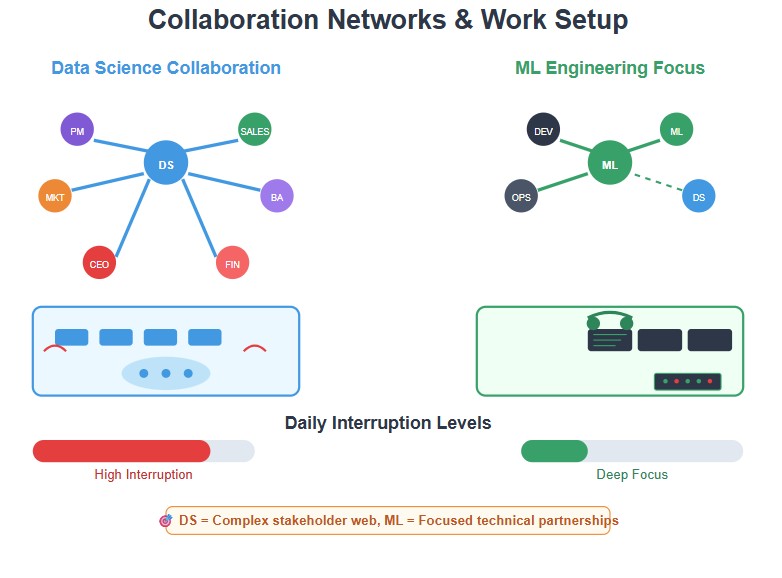
The Stress Factor Nobody Mentions
Data Science stress comes from:
- Ambiguous requirements ("make the data tell a story")
- Constantly changing priorities as business needs shift
- Being questioned on every finding by non-technical stakeholders
ML Engineering stress comes from:
- Production systems failing at the worst possible times
- Performance optimization under tight resource constraints
- Keeping up with rapidly evolving frameworks and tools
The Career Impact of Daily Reality
Here's what this means for your career growth:
Data Scientists develop strong business acumen and communication skills but might find their technical skills plateauing if they're not careful. You become the go-to person for insights, which can lead to leadership roles but might limit deep technical advancement.
ML Engineers become technical specialists with deep system knowledge. You build expertise that's highly transferable across companies and industries, but you might miss out on the business strategy discussions that shape product direction.
tldr: Data science = more meetings, more variety, more business exposure. ML engineering = more coding, more focus time, more technical depth. Choose based on whether you want to influence business decisions or build robust technical systems.
The day-to-day reality should be a major factor in your decision because you'll be living this routine for years. Trust me, picking based on just salary and ignoring daily experience is a recipe for burnout.
How to Break Into Each Field (The Degree Myth Busted)
Everyone obsesses over education requirements, but I'm gonna be straight with you - there's a huge gap between what companies post and who they actually hire. After watching hundreds of hires across both fields, I've seen this disconnect play out repeatedly.
The Degree Reality Check
Job postings love saying "Bachelor's in Computer Science required." Meanwhile, I know data scientists with English degrees and ML engineers who studied philosophy. Skills trump degrees, but degrees open doors faster.
For Data Science:
- CS/Statistics degree gives you a 70% hiring advantage
- Non-technical degree + bootcamp still works, but takes longer
- MBA + data skills = golden combination for senior roles
For Machine Learning:
- CS/Engineering degree is almost essential for top companies
- Self-taught route is harder but possible with serious technical depth
- Many roles prefer MS/PhD for complex algorithm work
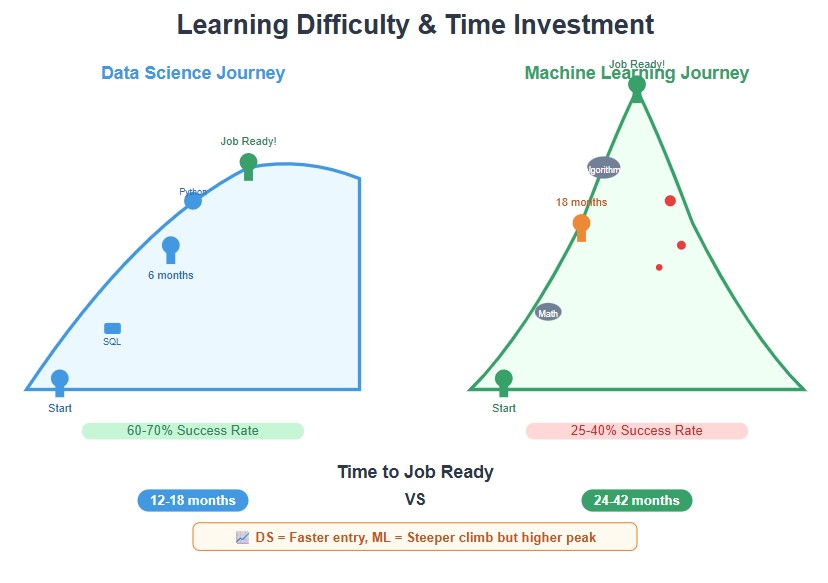
Bootcamp Reality: The Good and the Ugly
Data science bootcamps work. Success rate sits around 60-70% for landing jobs within 6 months. The typical timeline is 12-16 weeks of training plus 3-6 months of job hunting. They're perfect for career changers with analytical backgrounds, but the market is oversaturated.
ML engineering bootcamps? Much rougher. Success rate drops to around 40% because the technical bar is higher. Most focus on theory while employers want production skills.
Self-Taught Success: What Actually Works
The self-taught route demands serious commitment. For data science, you're looking at:
- 6-12 months: Learning Python, SQL, and statistics fundamentals
- 3-6 months: Building portfolio with real projects
- 3-9 months: Job hunting (longer without a network)
ML engineering takes way longer. You need 12-18 months just for technical foundation because there's significantly more math and coding. Then another 6-12 months for production skills like Docker and cloud platforms.
Self-taught candidates who succeed are obsessive about fundamentals and work on real projects with messy data, not just Kaggle competitions.
Certification ROI: Which Ones Matter
Some certifications boost your salary by $5k-15k, others are worthless paper.
High ROI:
- AWS/GCP ML certifications for cloud-focused roles
- TensorFlow Developer shows practical ML skills
- Tableau/Power BI is essential for data science business roles
Low ROI:
- Generic "data science" certificates
- University online courses (good for learning, bad for resumes)
- Vendor-specific tools, unless the company uses that exact stack
Insider tip: Certifications matter most when switching from different industries. If you're already in tech, experience beats certificates every time.
Portfolio Requirements That Get Interviews
Your portfolio makes or breaks your application.
Data Science Must-Haves:
- End-to-end business problem solution (not just model accuracy)
- Data cleaning documentation showing real-world data handling
- Stakeholder presentation with business recommendations
ML Engineering Must-Haves:
- Production-ready model deployment with APIs and containers
- Performance optimization examples showing latency improvements
- MLOps pipeline demonstration
Red flags that kill applications: Only online course certificates, tutorial-based projects, and can't explain technical decisions simply.
Your Fastest Path In
For data science: Master SQL and Python fundamentals in 3-4 months, build 2-3 real portfolio projects over 2-3 months, then apply to smaller companies first, where there's less competition.
For ML engineering: Spend 6-8 months on programming fundamentals, learn the production ML stack (MLflow, Docker, cloud platforms), then contribute to open-source ML projects to build credibility fast.
Degrees give you faster entry and higher starting salaries. Self-taught gives you flexibility but requires more hustle and longer timelines. The market rewards results, not credentials, but credentials help you get the chance to show results.
Let the Data Guide You, But Let Passion Seal the Deal
There’s no single “right” answer when choosing between data science and machine learning. The salaries, growth, and demand all lean toward ML, but if your strengths align with communication, storytelling, and strategy, data science might be your real edge.
The goal isn’t just picking the higher-paying job. It’s building a career you won’t burn out from in two years.
Want more brutally honest tech career advice backed by real data and lived experience? Subscribe below and get insights that help you choose smarter.
✉️ Get free system design pdf resource and interview tips weekly
✉️ Get free system design pdf resource and interview tips weekly

